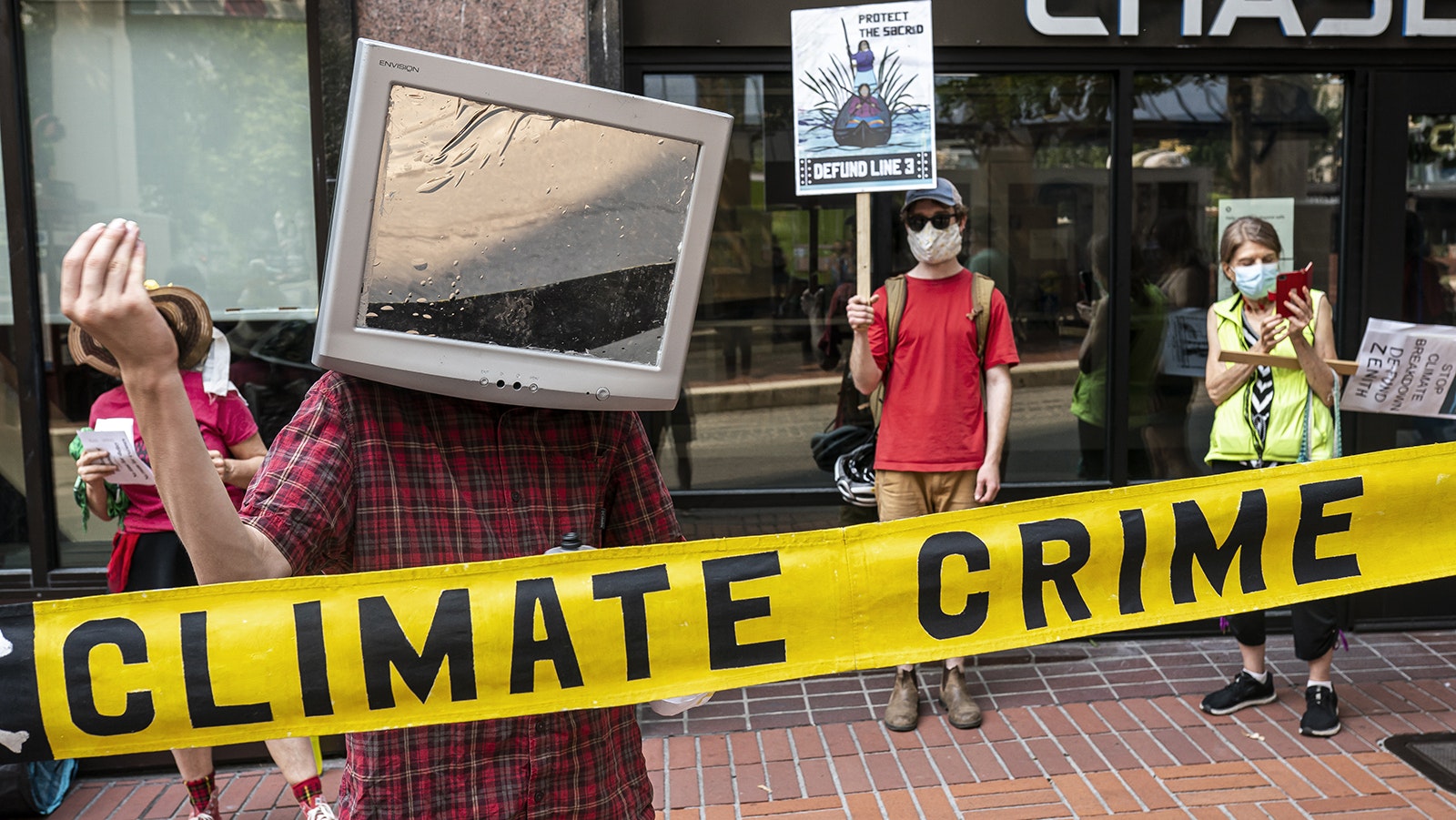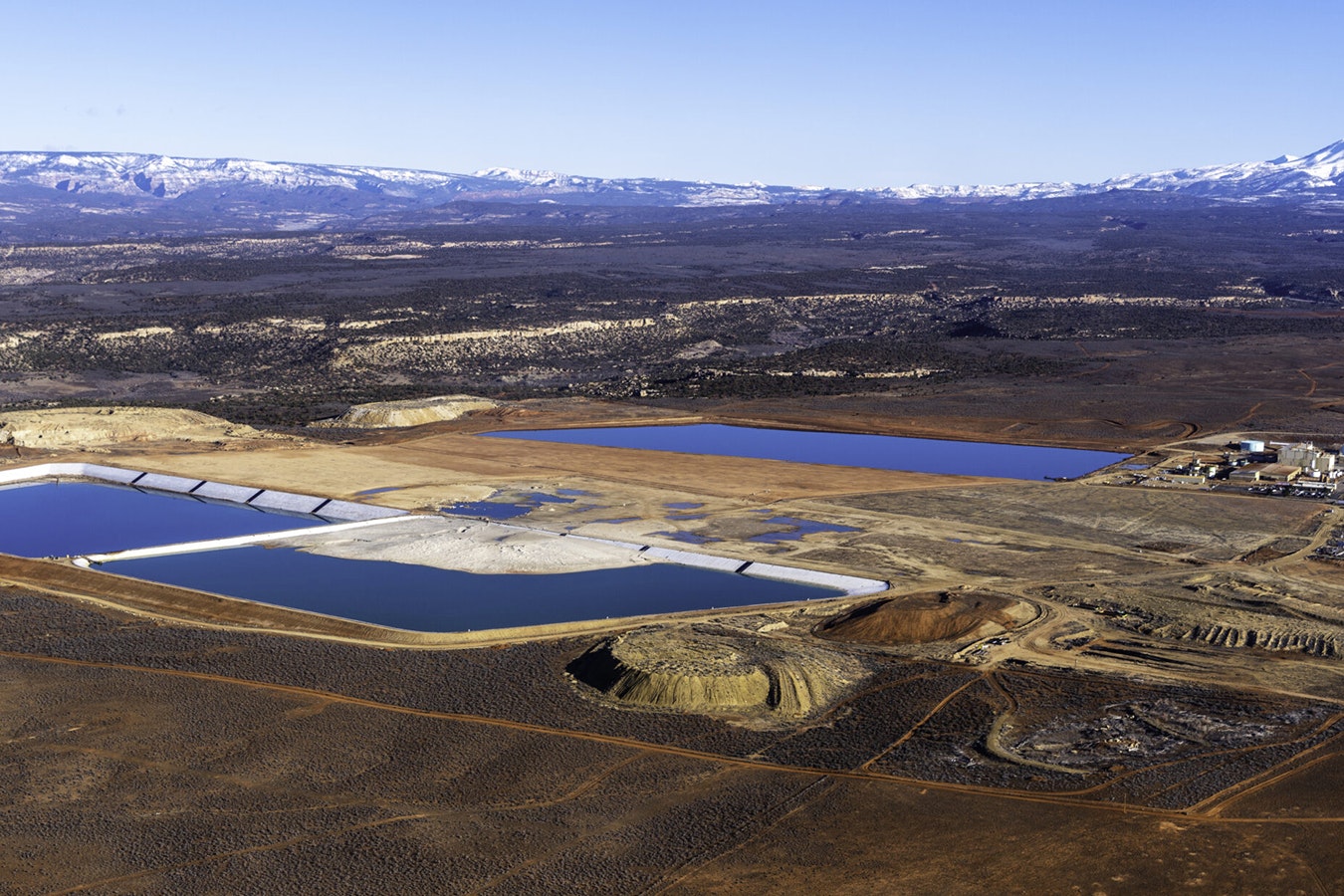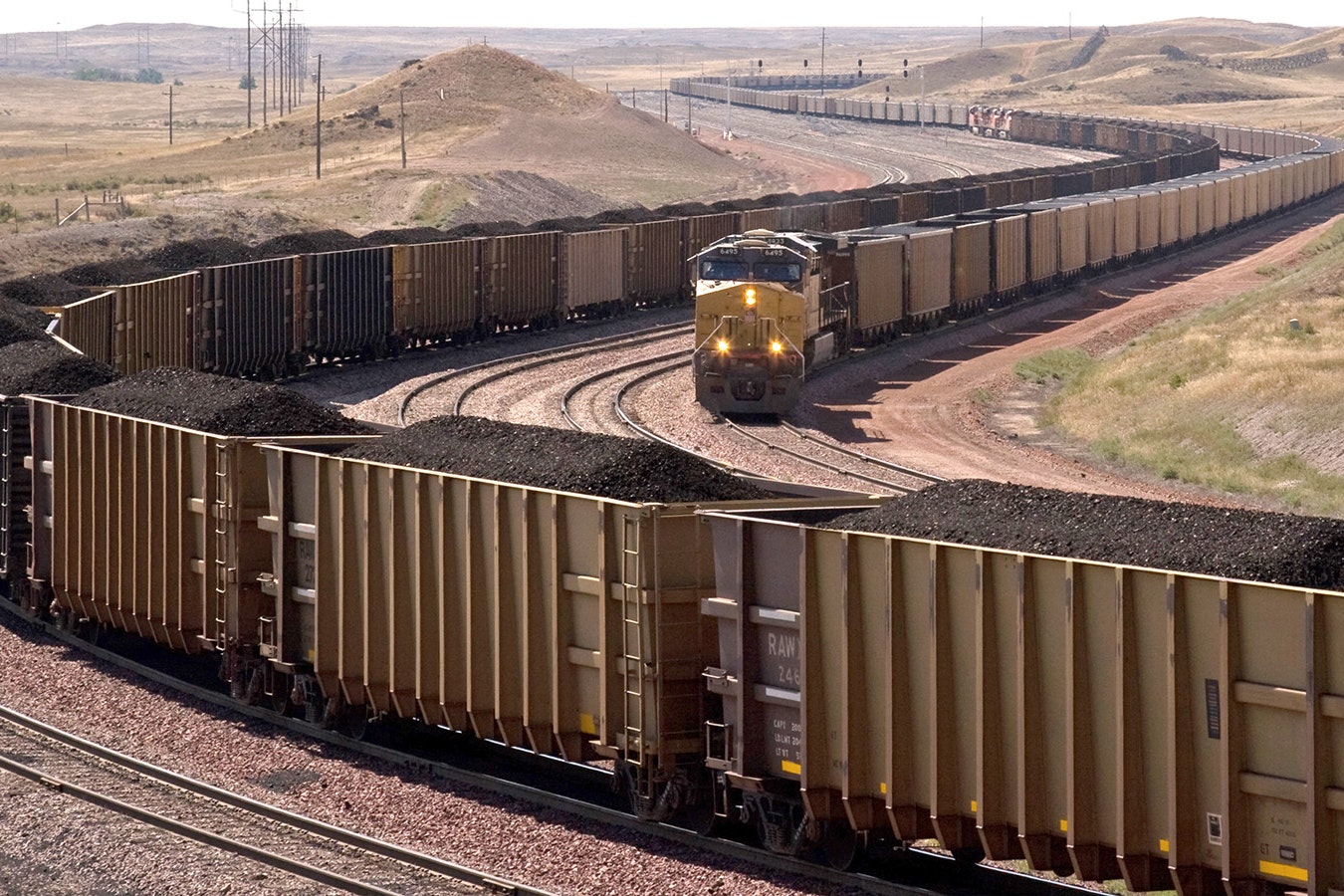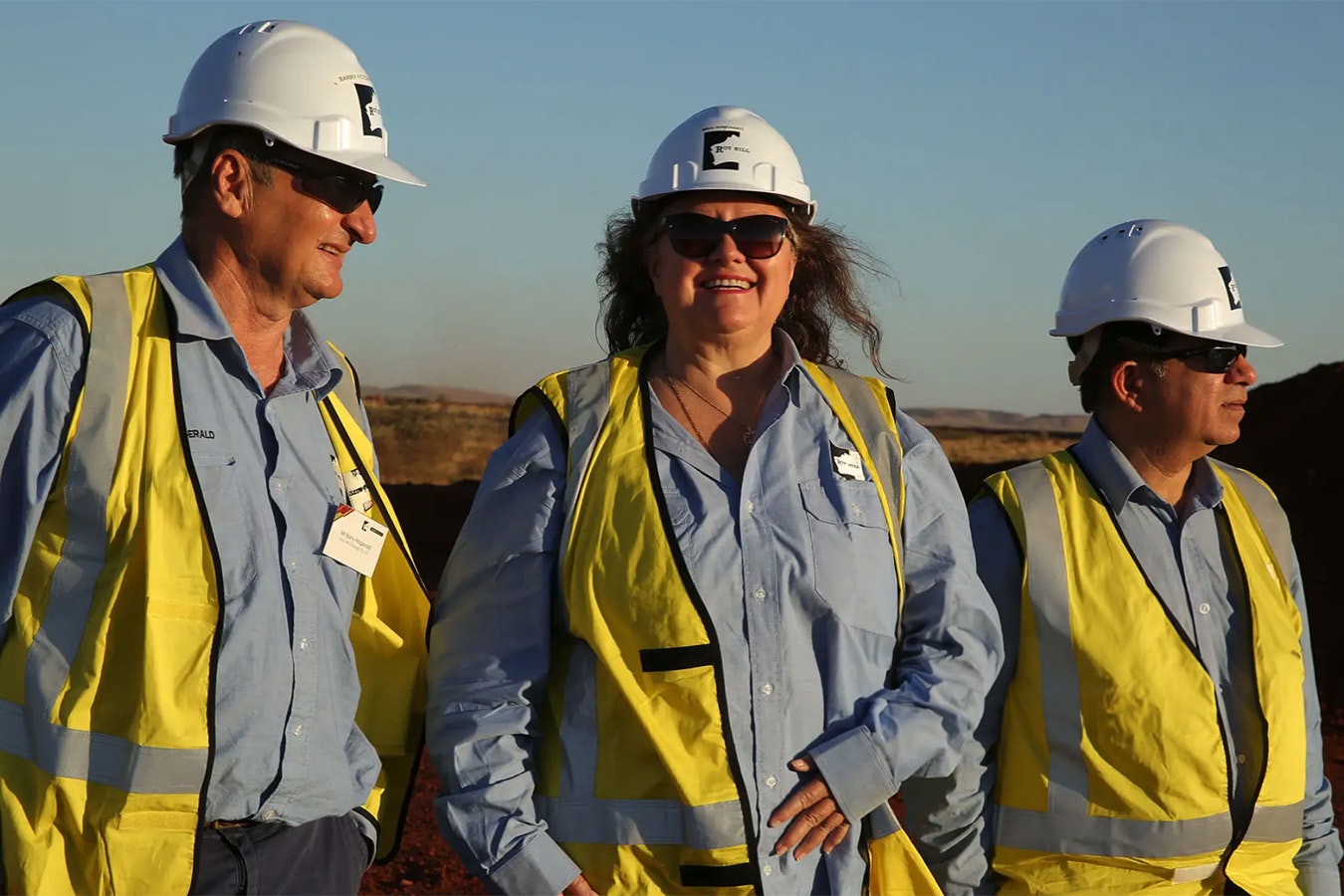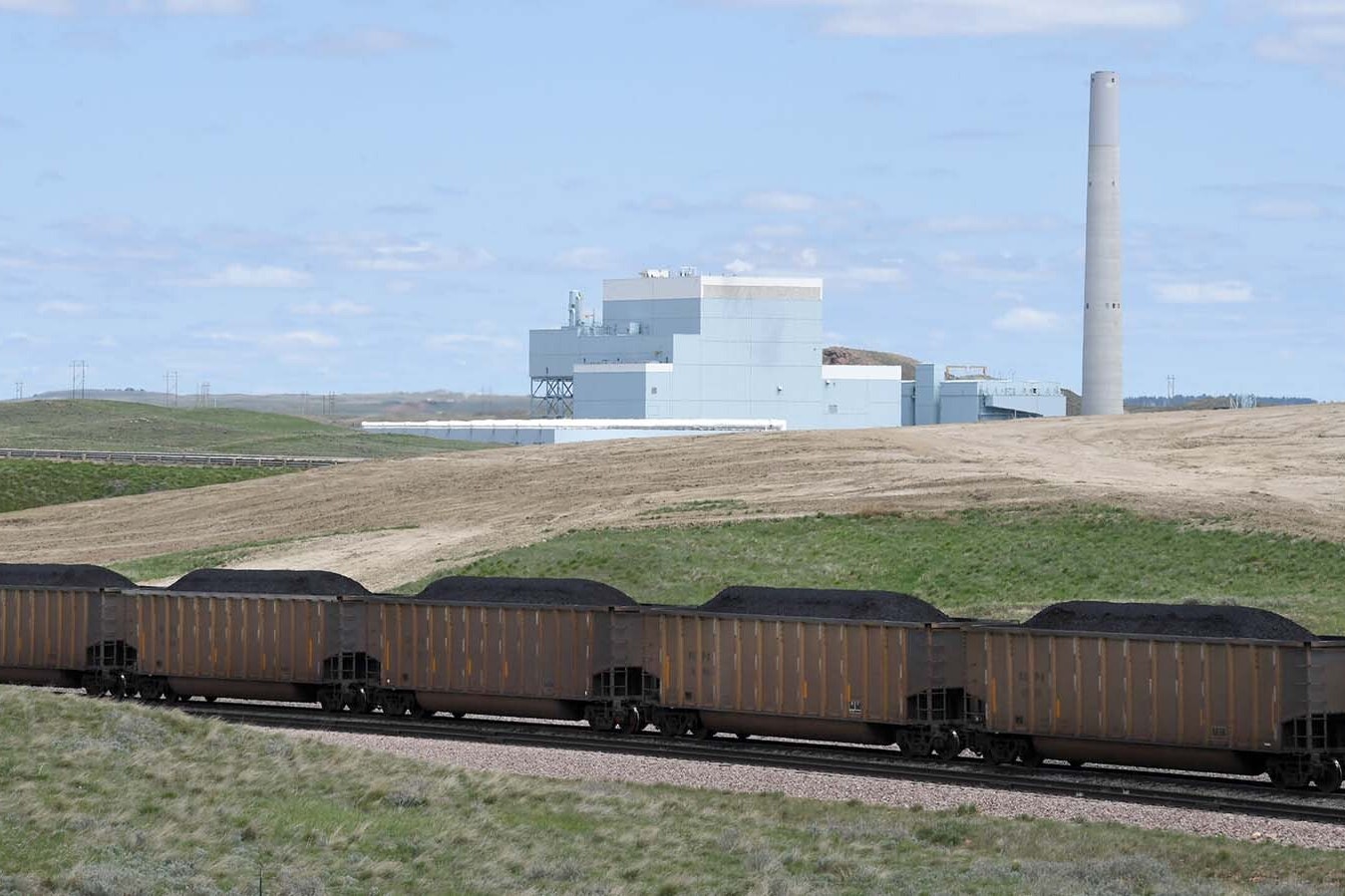A county in Oregon is suing oil and coal companies for $51 billion, alleging that if the companies weren’t supplying the energy and products that people want to buy, a heat event in 2021 wouldn’t have happened.
Big Dollar Signs
According to the complaint filed in Circuit Court of the State of Oregon, Multnomah County was “scorched” by the heat dome, which produced record-breaking temperatures in the county. During this event, 69 people died in the county from overheating.
The county, which includes the state’s largest city of Portland, has 800,000 residents.
The lawsuit names the world’s largest oil and coal companies — including Peabody Energy, which operates the Caballo, North Antelope Rochelle and Rawhide mines in Wyoming. The suit also names, among others, Exxon Mobil Corp., Shell, Chevron, BP, ConocoPhillips and Koch Industries.
The plaintiffs also are going after the industry groups American Petroleum Institute and the Western States Petroleum Association.
The county is seeking $50 million in actual damages and $1.5 billion in future damages. Additionally, the county wants these companies to contribute an estimated $50 billion to “study, plan and upgrade public health care services and infrastructure to protect the county from future extreme events.”
Presumably, these upgrades wouldn’t require any fossil fuels in manufacturing, shipping or construction, but the complaint doesn’t explain how that would be achieved.
Alleged Negligence
The Oregon lawsuit is considerably different from a Montana lawsuit that went to trial at the beginning of June, the first such case to do so.
That case was brought by 16 young people against the state of Montana. Their representation was provided by the anti-fossil fuel nonprofit Our Children’s Trust, and the plaintiffs alleged that the state was violating a constitutional right to a clean and safe environment.
The Oregon suit alleges that fossil fuel companies knew about global warming and sought to deny, delay and deceive the public about it. Thereby, the plaintiffs claim, the oil and coal companies committed negligence and fraud, and created a public nuisance.
This will require them to prove that the injuries they claim to have suffered were caused through the negligence of fossil fuel companies.
Lawfare
A similar suit is being launched by the city of Boulder, Colorado, and two Colorado counties.
The oil companies in that case have asked the Supreme Court to review lower court decisions that put these cases in state court, which are often seen as more favorable venues for plaintiffs than federal courts.
The Supreme Court decided to opt out of providing guidance on the issue, which will allow these lawsuits to proceed in state courts.
Wyoming has nuisance laws that could theoretically apply should such a suit be brought in the Cowboy State.
Cassie Craven, managing partner for Longhorn Law Firm in Cheyenne, told Cowboy State Daily that these cases are likely to fare better in state courts where juries are more likely to be sympathetic to the plaintiffs.
Whether that would be the case with a Wyoming jury is hard to say, but Craven said activists have been trying to advance their agendas in courts, where they hope to have more success than they’ve had in legislatures. It’s a tactic called “lawfare.”
“Lawfare seems to be the new way of changing law and regulation these days. But these efforts have, and should, fall flat in jurisprudence,” Craven said.
Trickle Down
Laramie County Commissioner Gunner Malm told Cowboy State Daily that it’s unlikely a Wyoming county would file such a suit in a state whose tax revenues and economy are so dependent on oil, gas and coal.
“I think that we try and work very well with our partners in the legislature to address concerns we may have, which achieves multiple goals. It makes sure we have a diversified energy portfolio as a state and protects historical revenues,” Malm said.
Malm said that, should these suits see any success, it’s going to be consumers that ultimately pay the price. Just about every product is produced from fossil fuels, produced with energy from fossil fuels, or shipped by fossil fuels.
“It’ll trickle down to consumers with the price of goods. So that’s concerning,” Malm said.
Conspiracies
As with the Montana case, anti-fossil fuel interests are driving the litigation.
Multnomah County Commission Chair Jessica Vege Pederson pushed for bans on natural gas hookups in new construction. Pederson and Commissioner Lori Stegmann are both members of the Center for Climate Integrity, which pushes the conspiracy theory that oil companies sought to hide evidence of climate change from the public.
The theory has been widely criticized as nothing more than a way to make money off litigating against oil companies by making it seem the companies hid something by researching the potential impacts of carbon dioxide emissions decades ago and discovering that impacts were possible — something that was known by any researcher studying the phenomenon.
Visible Weather Events
Ryan Maue, a research meteorologist, called the suit “complete hogwash” and “meritless.”
He told Cowboy State Daily that climate activism focuses on extreme weather because it’s impossible for any individual to feel the very slight, gradual changes in temperatures from carbon dioxide emissions.
“During your life, you might experience a one degree Fahrenheit global warming of the Earth. You're never going to be able to sense that,” Maue said.
Every day, somewhere around the world, he said, there’s extreme weather. And so, there’s always an event to scare people about the impacts of climate change by just finding these events and claiming it’s climate change.
Attribution Science
In a lawsuit, proving the causal relationship between fossil fuel companies’ products and whatever weather events they’re blaming them for relies on a field called attribution science, which was specifically developed to sue oil companies for extreme weather.
Attribution science, Maue said, tries to quantify science that’s filled with uncertainties.
There’s a range of outcomes in weather that are possible. So, for example, say a category 5 hurricane has never hit Tampa, Florida. Just because it’s never happened doesn’t mean it can’t ever happen. It’s still within the range of possible events.
When it does happen, it’s called an unprecedented event and blamed on climate change.
So, it is with this 2021 heat dome, Maue said. While climate change may have contributed to the event, just because it never happened doesn’t mean it only happened because of climate change. He said it could very well have.
Maue also notes that the heat dome event is being treated by the plaintiffs as an outcome of temperatures, but heat domes are patterns that develop over several or more days. To try to blame the entire event on carbon dioxide emissions ignores all the chain of events that drives a heat dome.
“It doesn’t just spontaneously pop up. There actually has to be a physical weather pattern explanation, what we call synoptic meteorology,” Maue said.
Smaller Pockets
Wyoming has one more characteristic that might keep it out of the crosshairs of activists looking to punish oil, gas and coal companies for producing products people want to buy.
About one-third of all Wyoming’s oil and gas production comes from 400 small oil companies. Small businesses can’t afford to defend themselves against such lawsuits, but they also lack the deep pockets that activist lawyers crave.
“Smaller producers are doing great things across Wyoming in terms of energy development, jobs and the economy. So, it’s something to definitely be on the lookout for,” Malm said.

